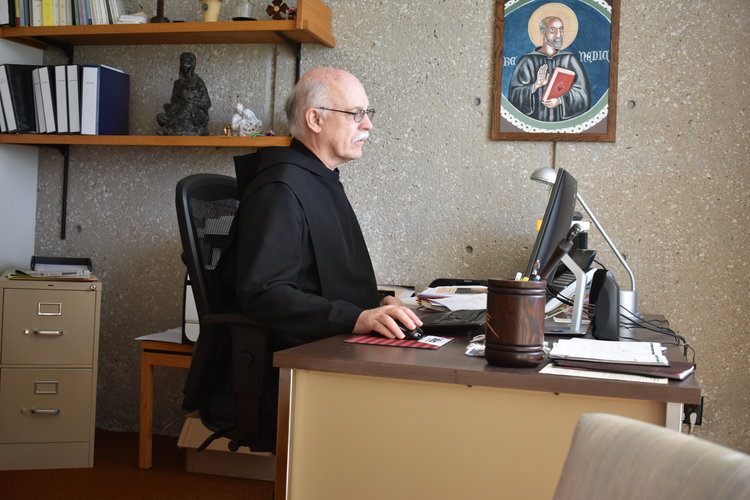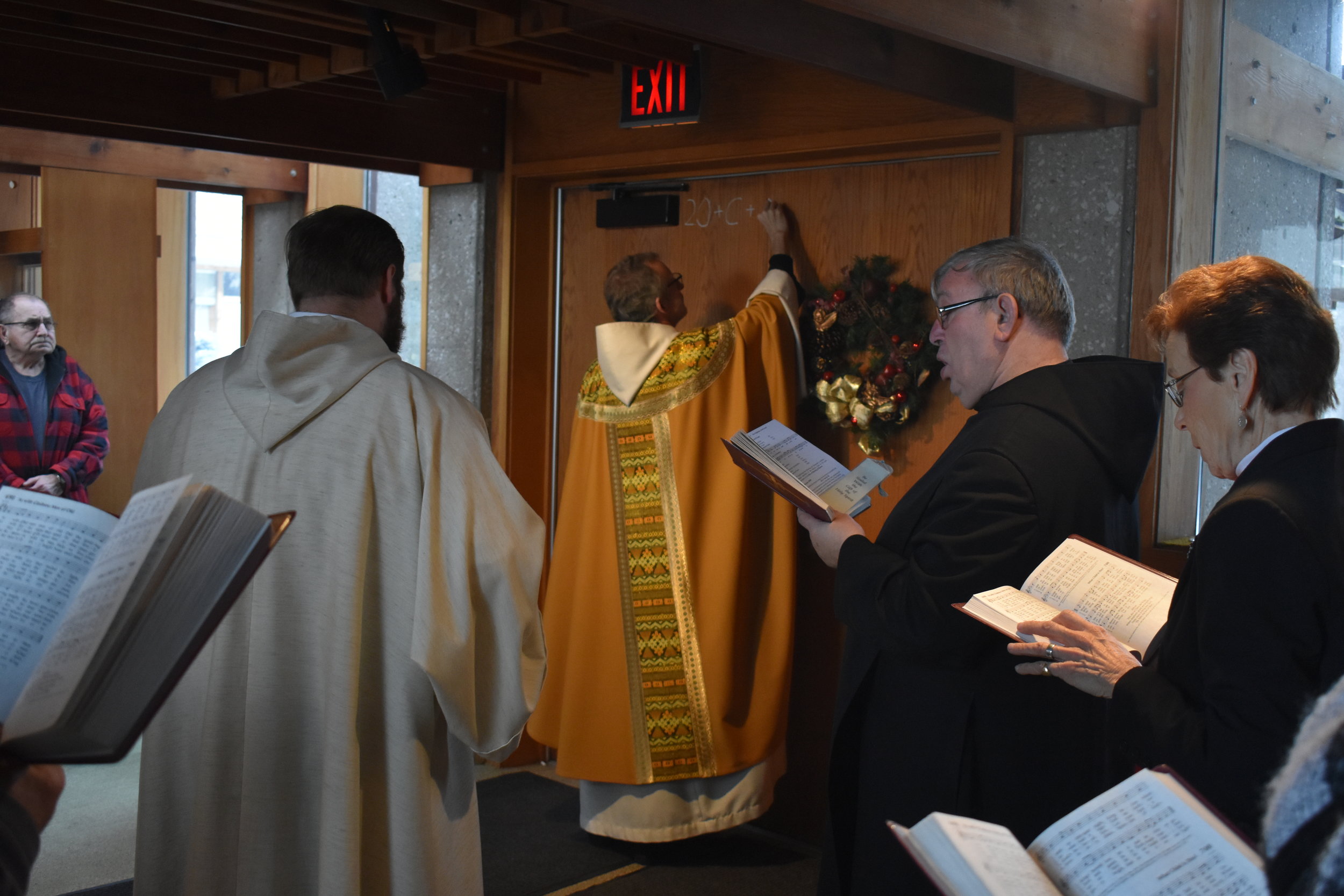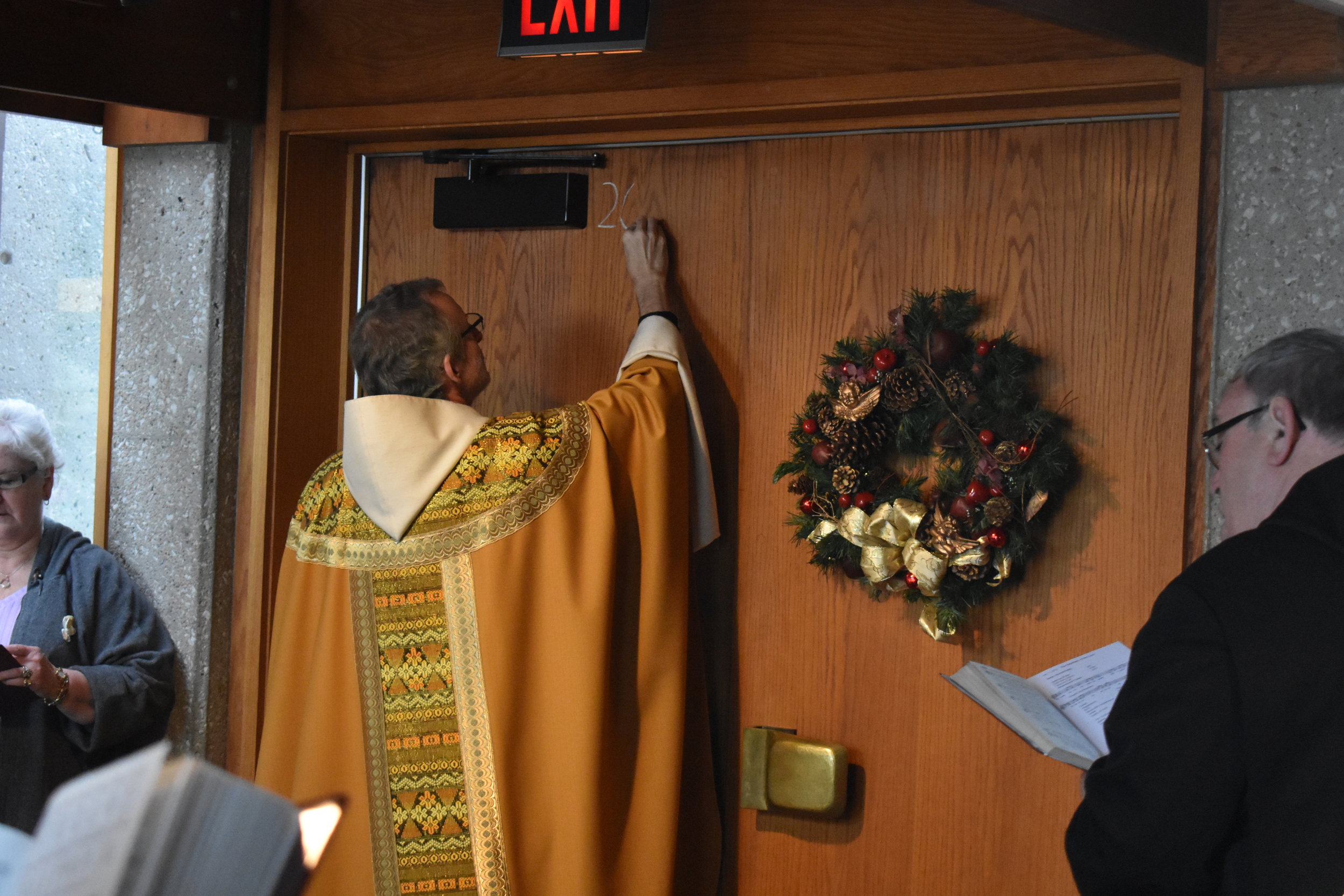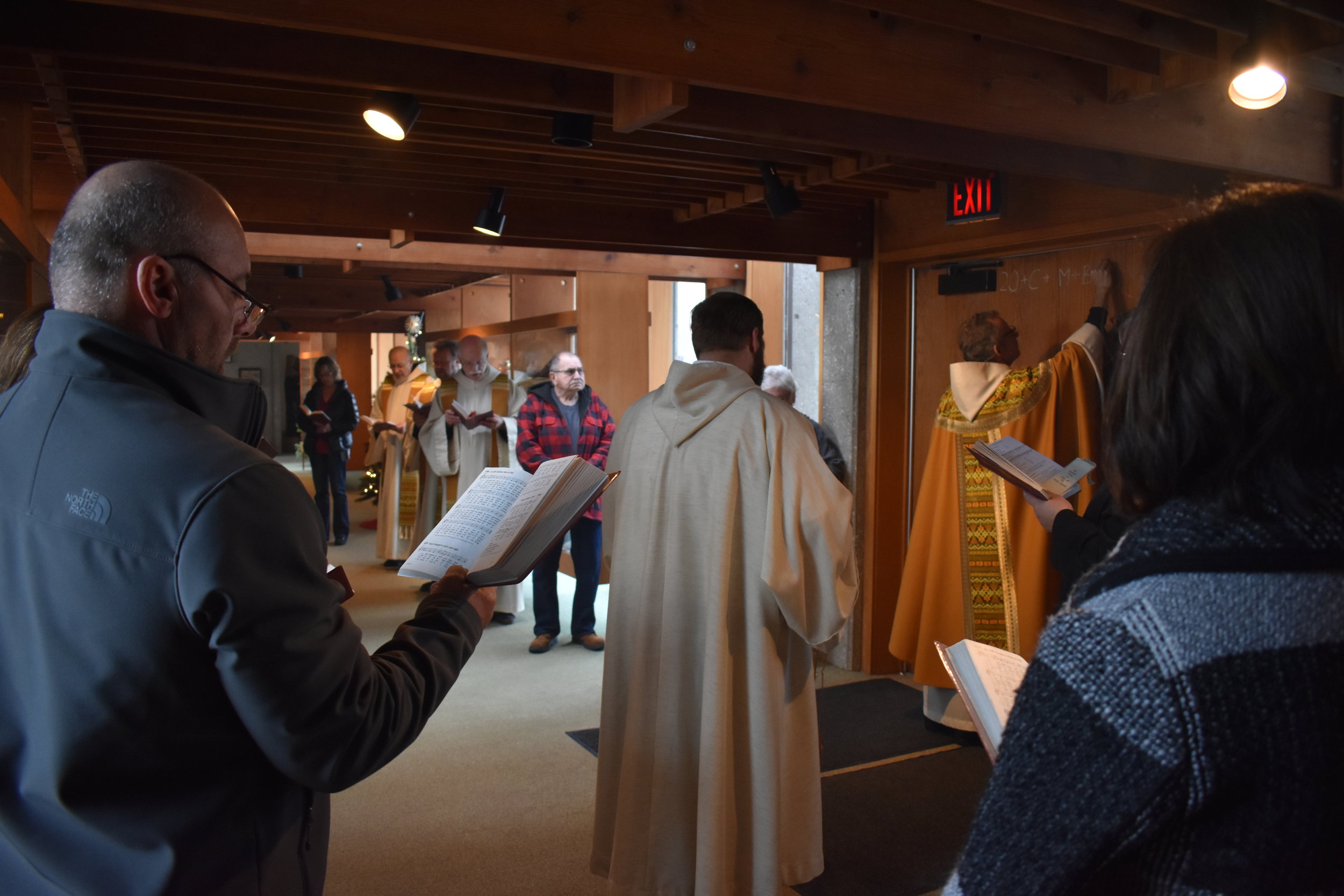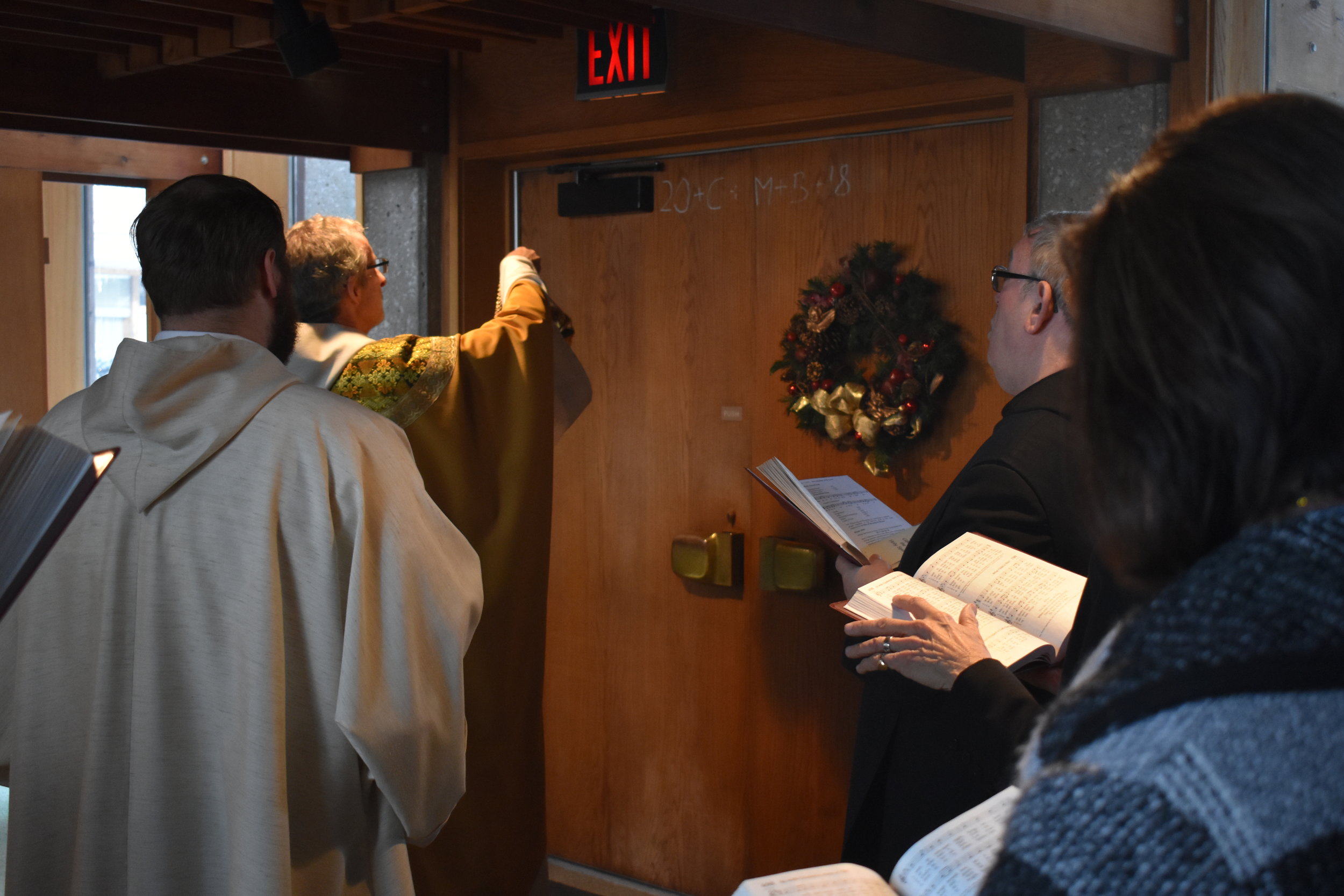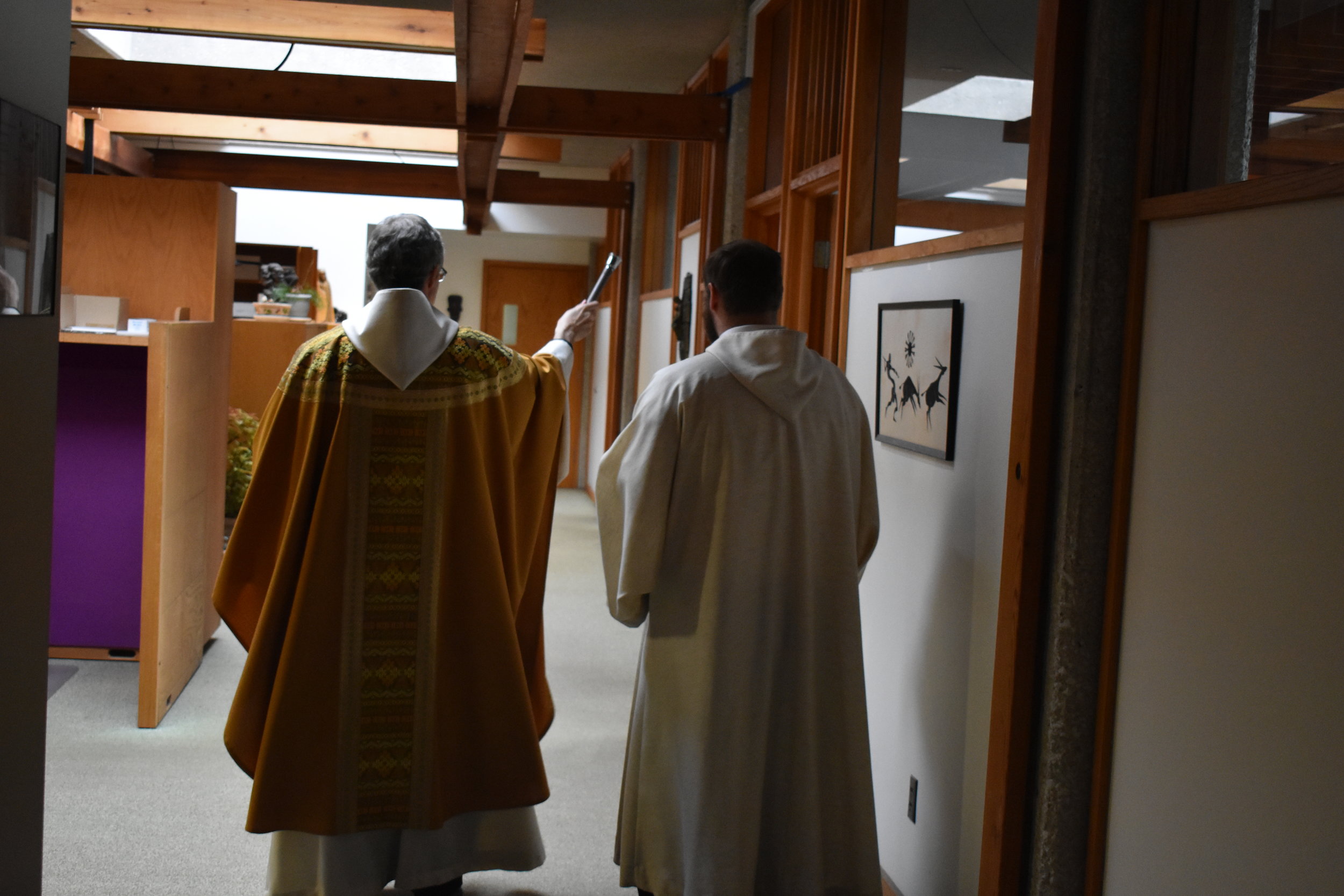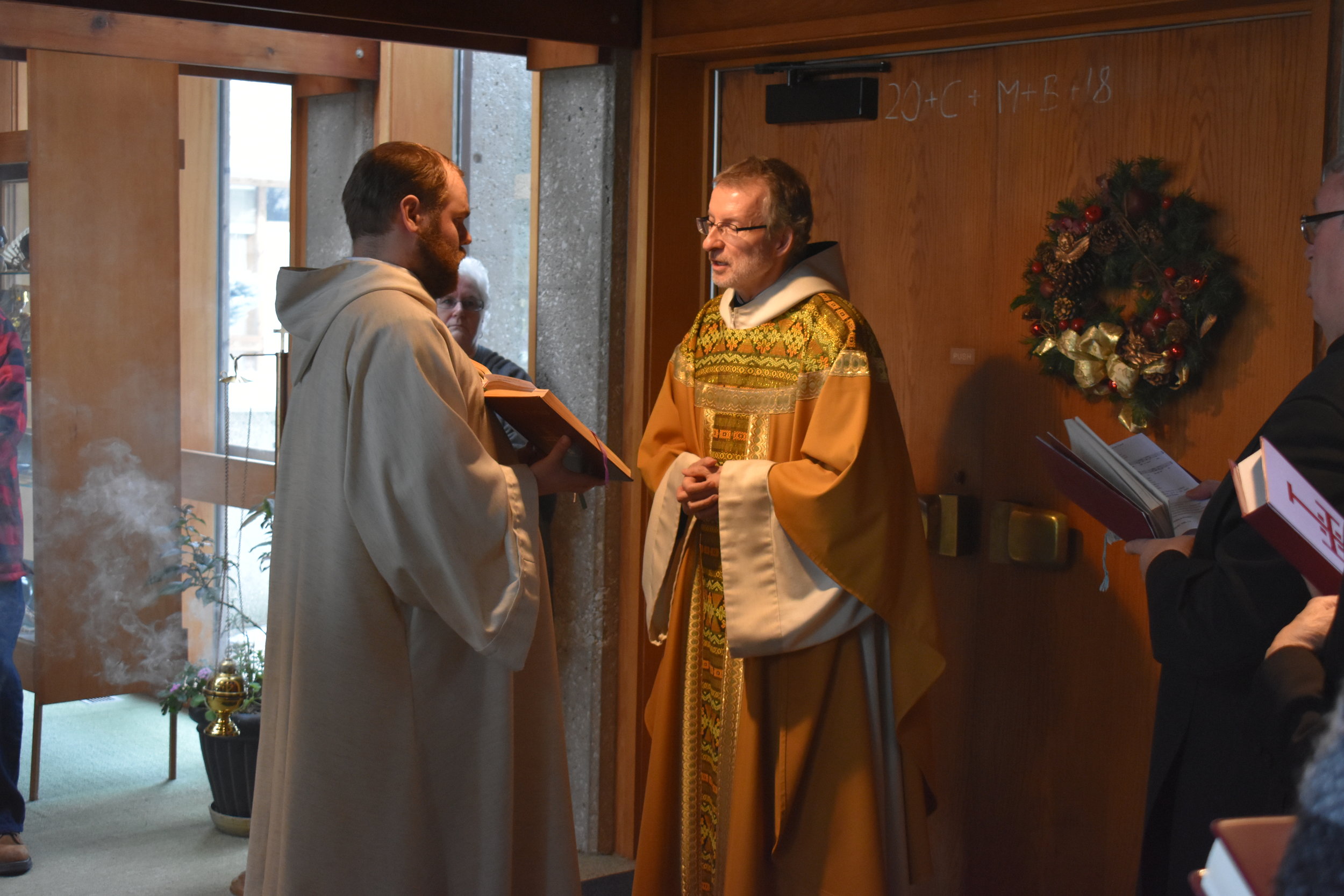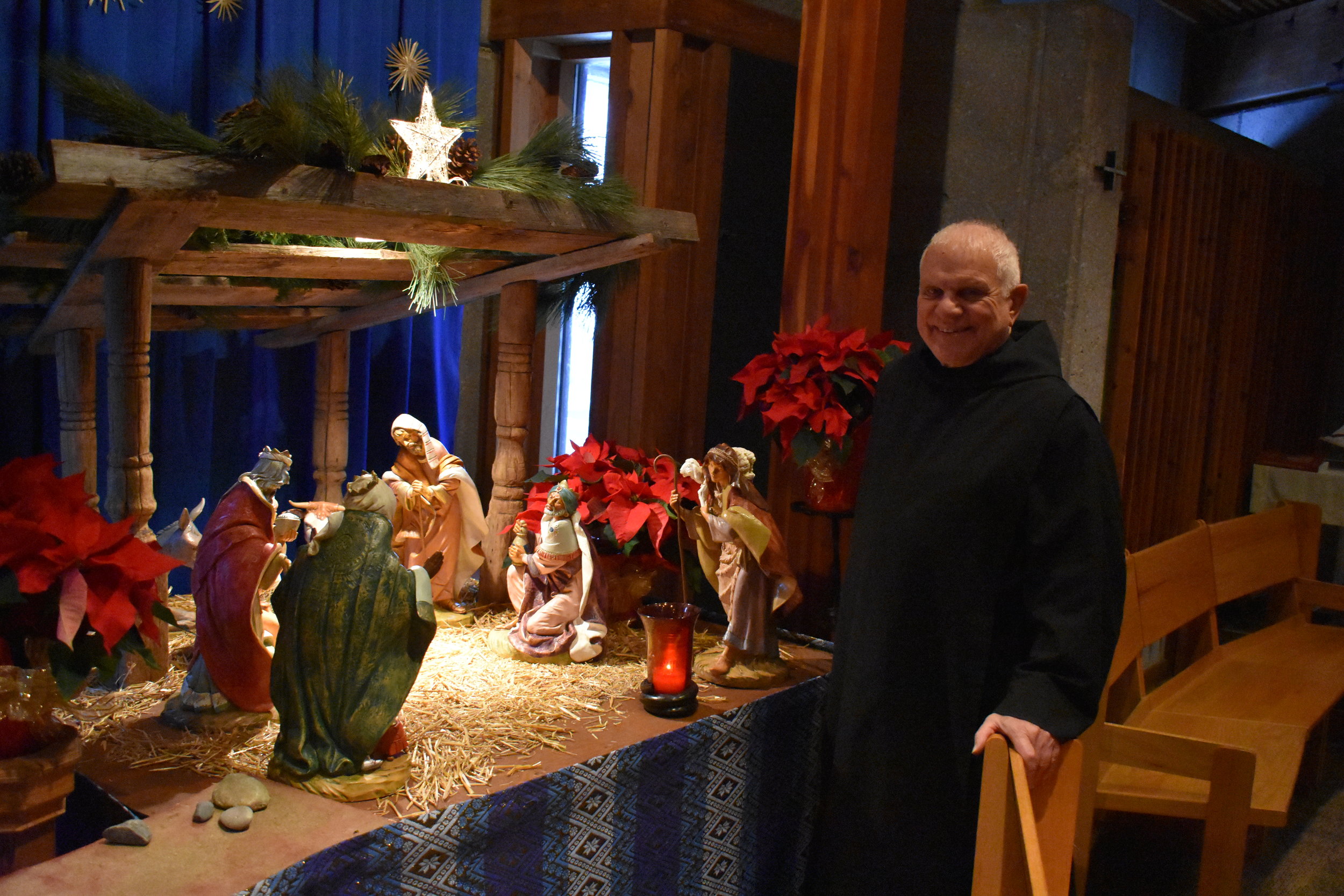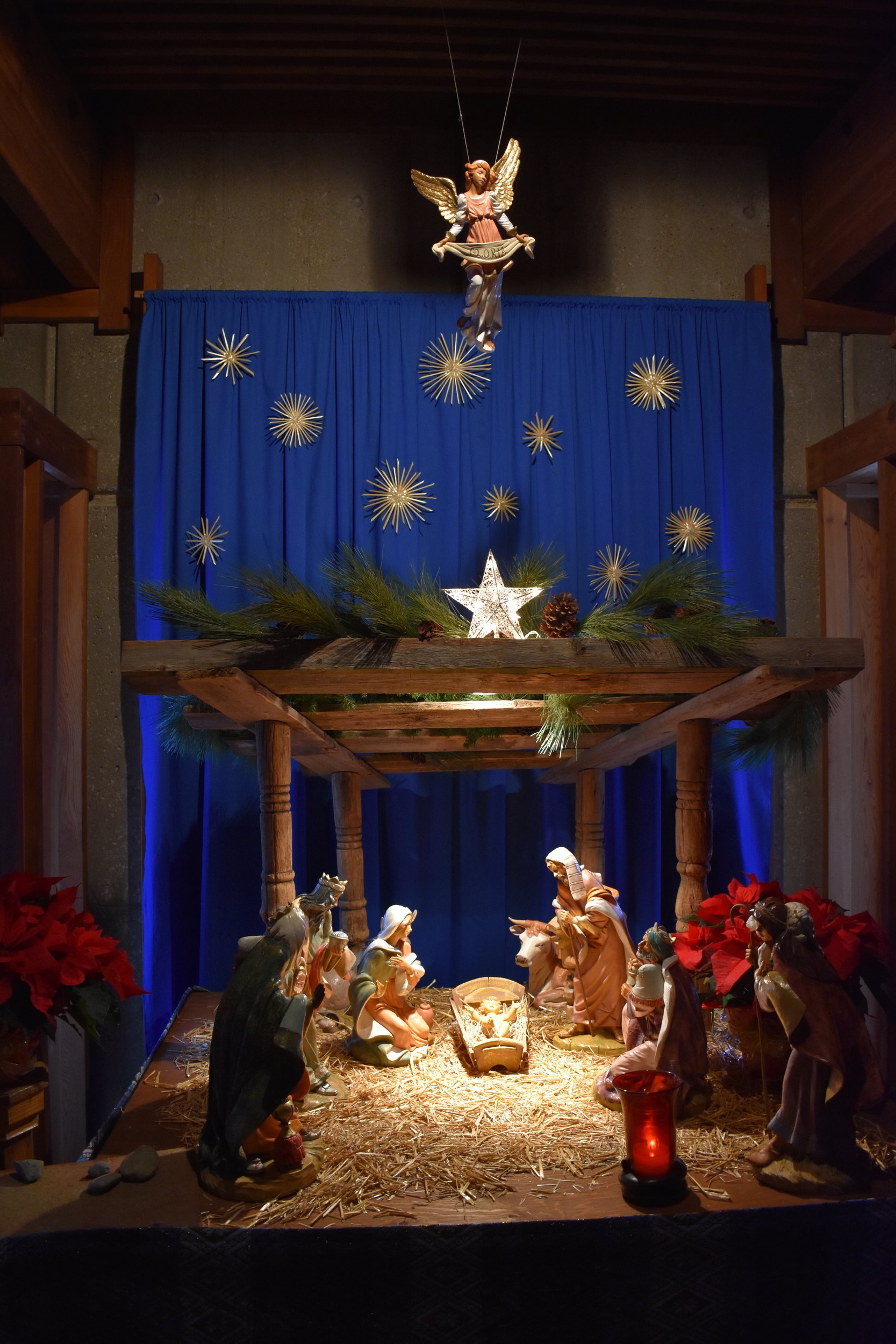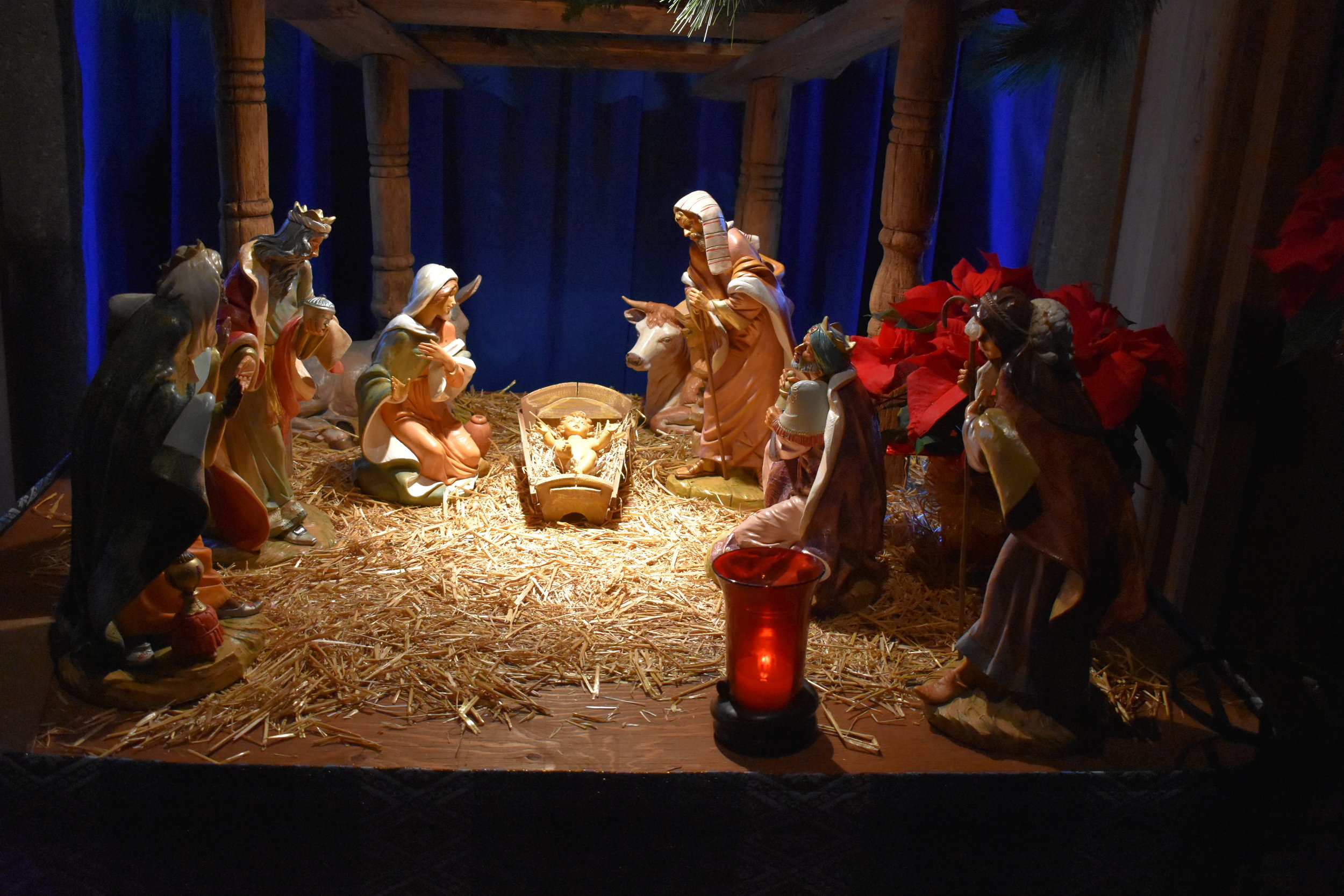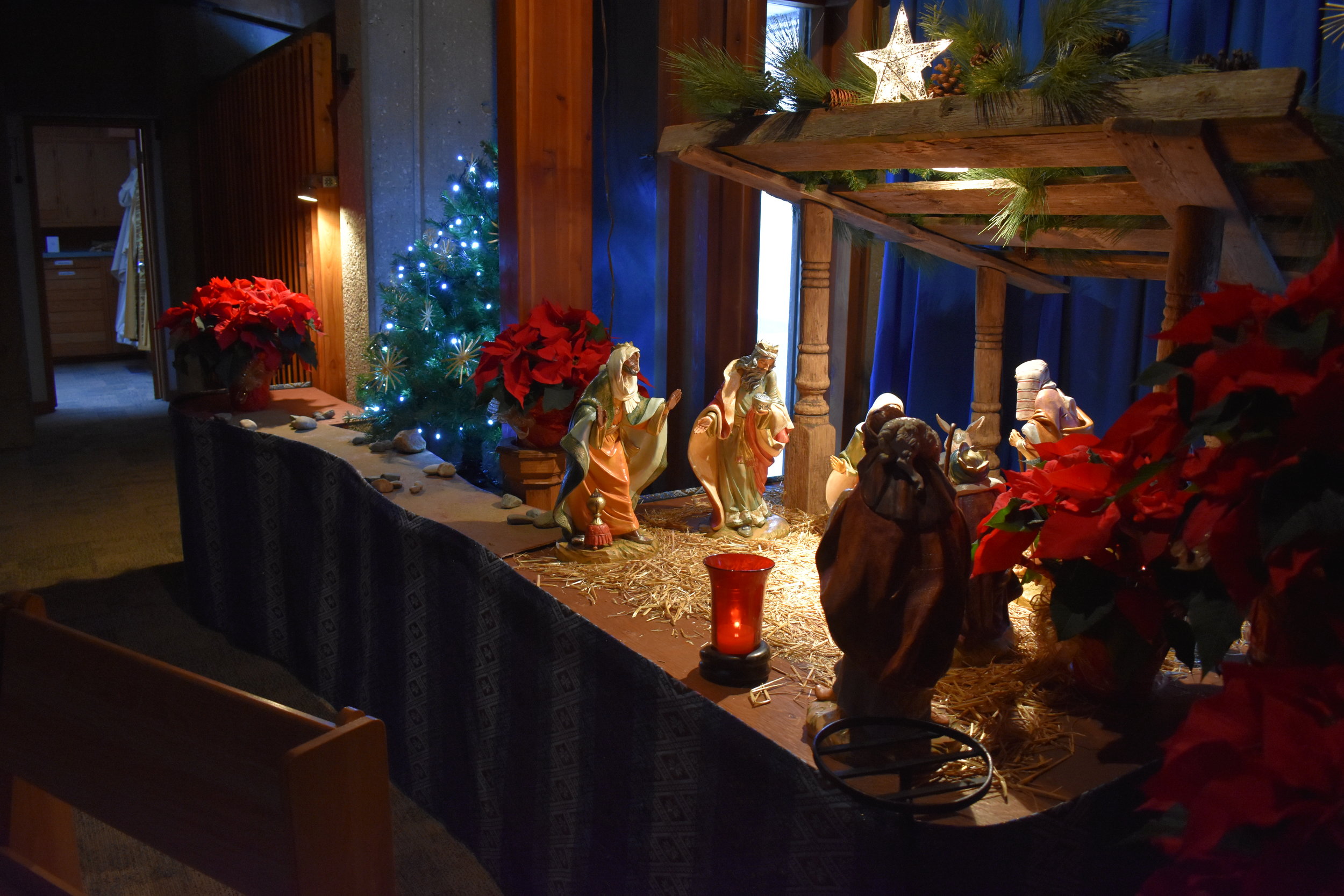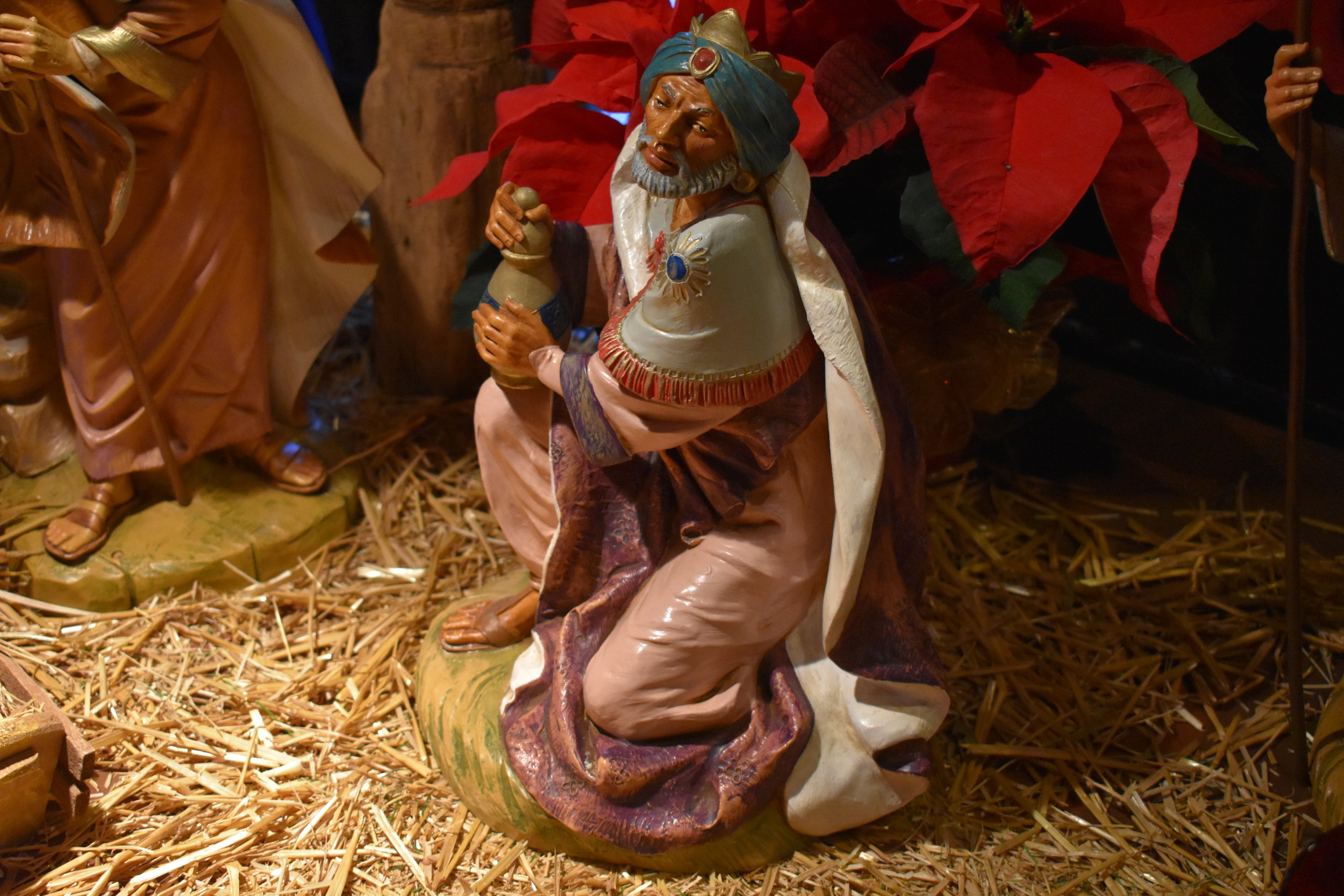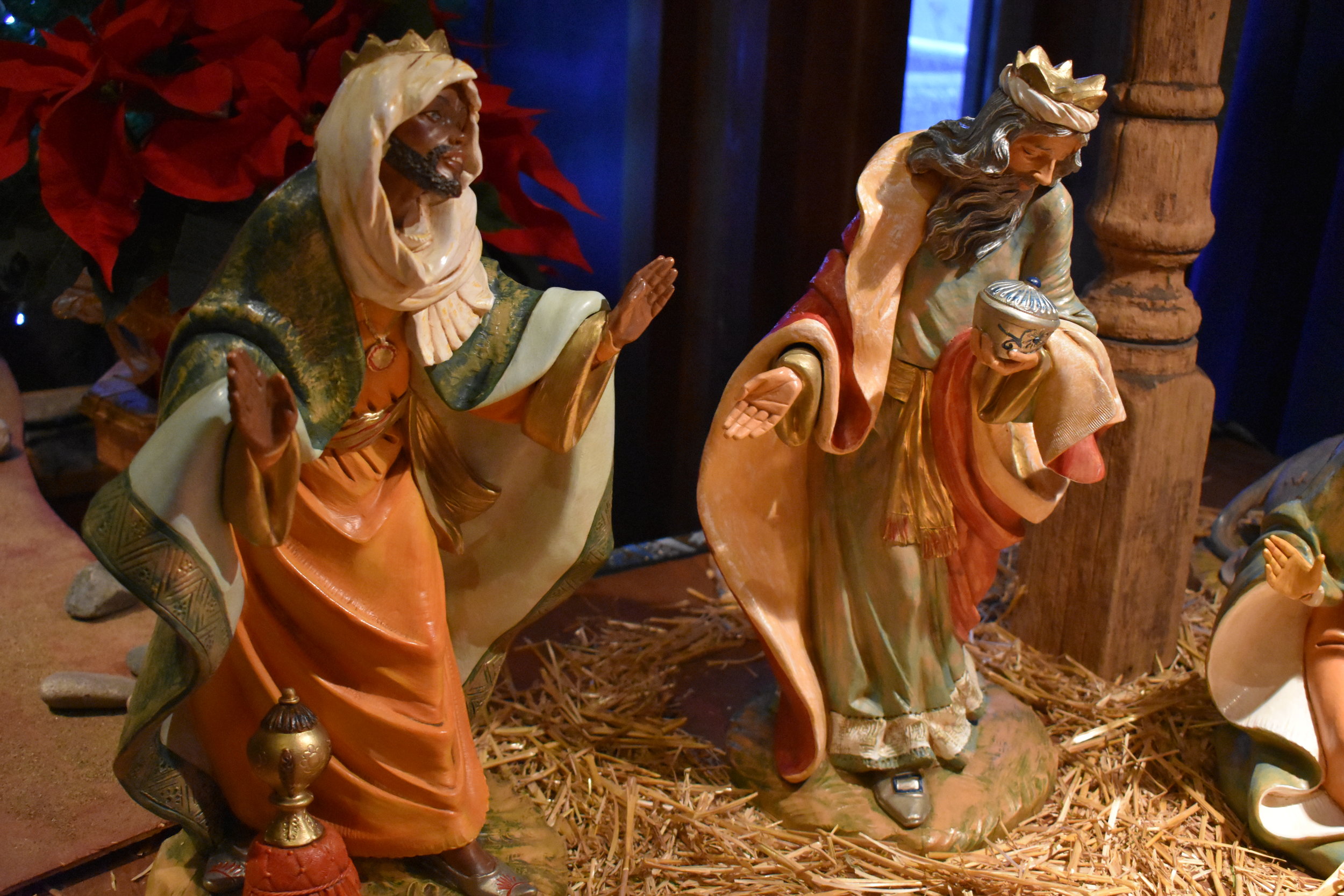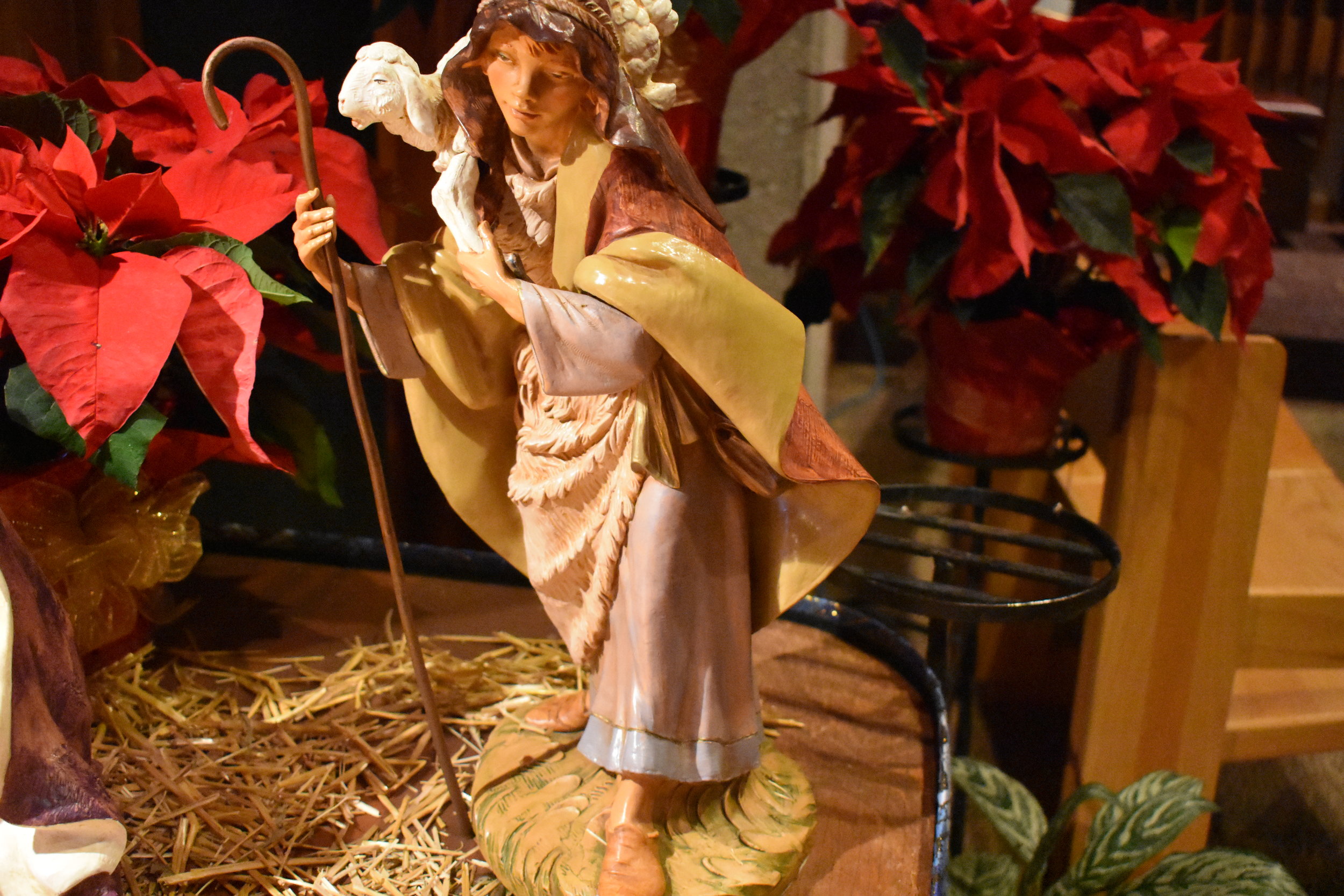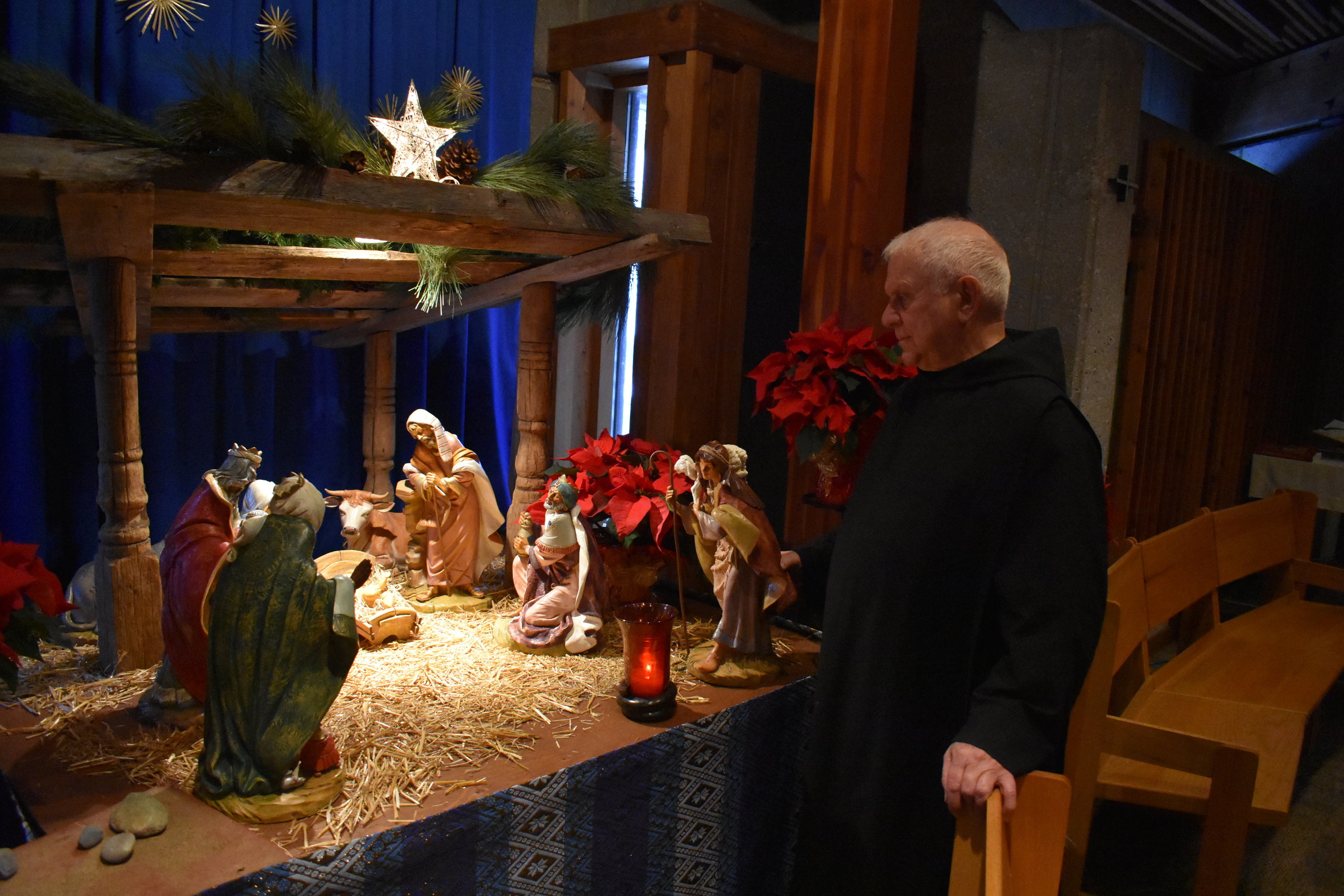Joh 2:13-25 Ex 20:1-17 1 Cor 1:22-25
Focus: God’s Ten Commandments continue to be valid for us.
Jesus, a stumbling block or foolishness to those who reject Him however, is the ultimate measure of our living.
Dear sisters and brothers in the Lord,
It took me a while to understand how today’s Lectionary readings fit together. There are, one the one hand, the Ten Commandments from the book of Exodus. They are at the center of God’s covenant with God’s people on Mt. Sinai. The one who acted first was God.
The people of Israel had experienced their liberation from slavery in Egypt as a gift from God. Without military equipment, they wouldn’t have been able to withstand the chariots and charioteers, the horses, soldiers and weapons of the Egyptians.
So after the crossing of the Red Sea they gratefully acknowledged, what we hear from the mouth of God in today’s first reading, that it was God who brought them out of the land of Egypt. The faithfulness and love of God, whom the people owe their very existence, is the one side of the covenant.
The Law, related through Moses, describes then the expectations of God and the obligations of the people. Right at the beginning and at its peak point we find the Ten Commandments. The first three deal with the people’s relationship with God.
Do not elevate anything created to the status of Divinity, so we hear, neither things nor human beings.
Hold the name of God in reverence, # 2 says. Israel views it as a privilege to address by name the great, transcendent God, who is beyond all earthly images. It needs to be done with respect.
One safeguard against idolatry is the observance of the Sabbath. Six days of the week can be devoted to our business in the world; one day a week—for us it is the Sunday—must be reserved for God, for prayer and worship, for listening to God’s Word, for praise, intercession and thanksgiving.
The other seven commandments are about our relationships with our fellow human beings, basic principles for living in human community. One example is # 4: We have not brought about our own physical life—It’s a gift from God though our earthly parents; thus, we are called to always respect them and care for them.
Also for us Christians, these Ten Words, the Decalogue, are still binding. In fact, through the Catechism they are the foundation of Catholic ethical instruction. Jesus didn’t come to abolish the law, rather to fulfill it.
Some of the commandments Jesus interpreted in a more radical and interior way: “You have heard that it was said to the people of old, ‘You shall not kill’ … But I say to you that everyone who is angry with his brother shall be liable to judgment” (Mt 5:21-22). The movements of the human heart also matter!
Jesus pointed out that there is one double commandment that stands as a heading and as a summary over the others:
to love God with all one’s heart, with one’s whole person
(not only externally performing rituals) and to love and honor one’s neighbor as one’s own life.
This brings us today’s gospel: Jesus dislikes the focus on externals in temple worship; and the exploitation of the poor by the temple elite. In John’s Gospel, over and above that, the cleansing of the Temple is a witness to the person of Jesus:
Zeal for God will consume him, he will suffer and die on the cross. But after three days He, the Risen Lord, will become the new place of God’s dwelling. The temple in Jerusalem with its animal sacrifices will lose its importance. Jesus himself is the new sacrifice. To him we should look now for revelation, for redemption, and for guidance.
Dear sisters and brothers in the Lord, God’s Ten Commandments continue to be valid for us. They hold a mirror in front of us so that we can look at our life the way it is, in its basic goodness, but also its sinfulness and need for conversion.
Jesus himself, however, is the ultimate measure of our living, he who is a stumbling block or foolishness to those who reject him, but who IS God’s power and God’s wisdom for those who believe in him.
In him we see God’s “foolishness” in reaching out to straying humanity. In him we see God’s weakness as God gave himself into human hands at the cross.
But we can trust and confess with St. Paul that God’s foolishness is wiser than human wisdom and that God’s weakness is stronger than human strength. AMEN.
Fr. Thomas Leitner, OSB



